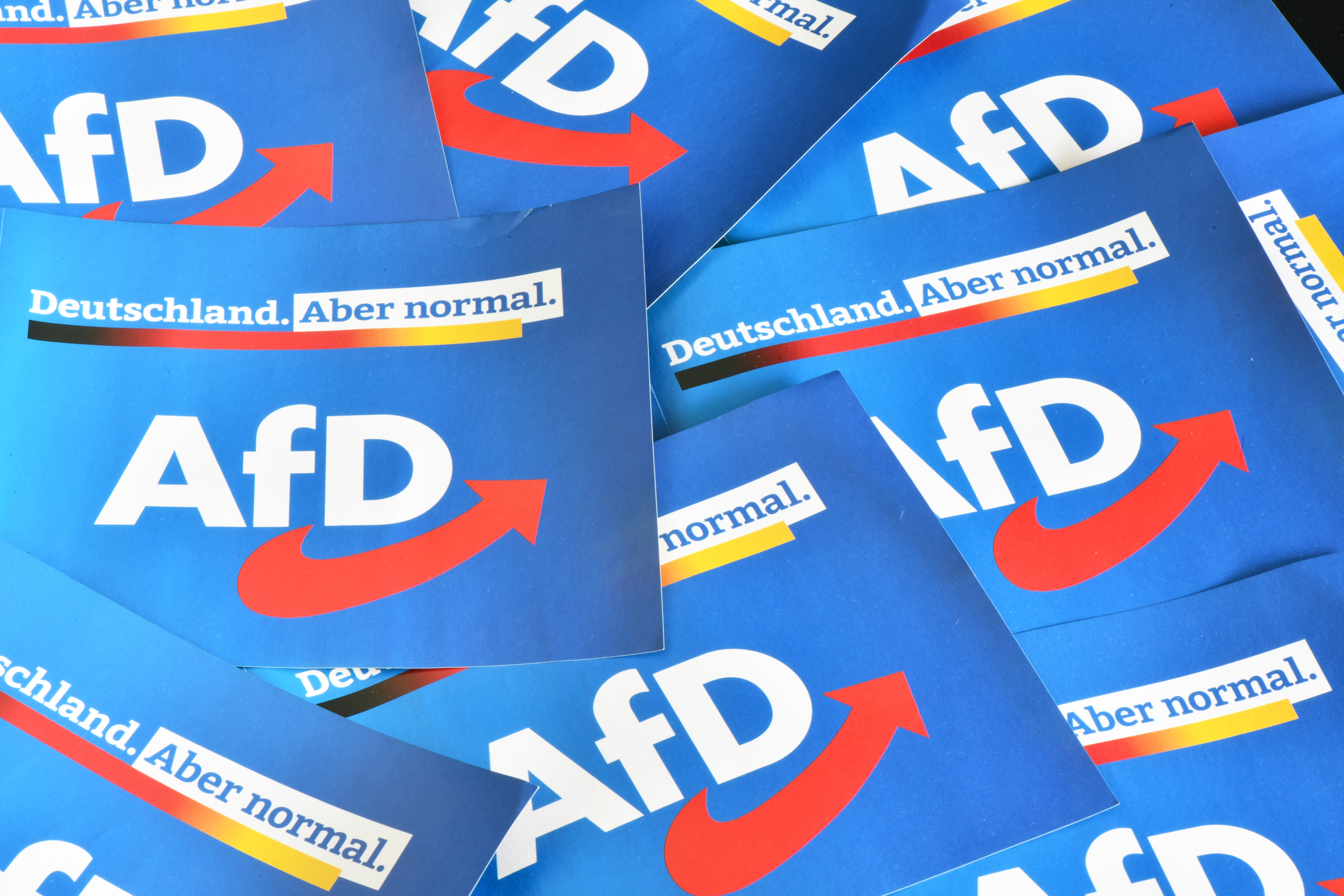Germany’s anti-immigration Alternative For Germany (AfD) party has seen a dramatic rise in the polls over the last year and is now clearly the second most popular party in the country. However, the question has always been whether the AfD could translate this polling support into a position of power in the German government. One key poll shows that the AfD may have a chance to make this a reality.
A poll by Civey for Spiegel magazine found that 47 percent of Germans say that they would find it acceptable if parties entered a coalition with the AfD at the state level. The breakthrough poll shows that although all major parties reject cooperation with the AfD, the German public has a far more open view of the party, and this open view could translate into a shift in the stance of the major mainstream parties, namely the Christian Democratic Union (CDU).
This is a shift from the German public that is difficult to imagine even a year ago, when the AfD was still largely shunned.
[pp id=94146]
The poll also shows that support for the AfD’s role in a coalition government is higher in the east of Germany, which is no surprise. In the east, 55 percent of Germans could support the AfD’s role in a government, whereas 44 percent of Germans in the west could support such a coalition.
The east will play a pivotal role in the AfD’s future, and in turn, all of Germany’s. Much rests on elections next year in the eastern states of Saxony, Brandenburg and Thuringia, where the AfD is currently the most popular party in all of those states. Given the AfD’s huge polling lead, forming a coalition without the AfD may be near impossible in some of these states.
[pp id=93209]
If the AfD can manage to govern in even just one state, it could further normalize the party and push the CDU to accept the party at the federal level, even if such a possibility still remains unthinkable to CDU’s political leadership and could lead to a deep split in the party. However, as the Spiegel poll shows, the AfD has, in many ways, already become normalized in the eyes of Germans.
Armed with this polling data, the case will be easier to make for both the AfD and those in the CDU open to cooperation with the AfD, to make the jump toward a coalition at both the state and federal level.
It is important to note, however, that the Spiegel poll shows just as many Germans reject the AfD’s participation in a coalition government, and resistance to such a development remains fierce both from Germany’s media and political class — in addition to law enforcement and security services.






